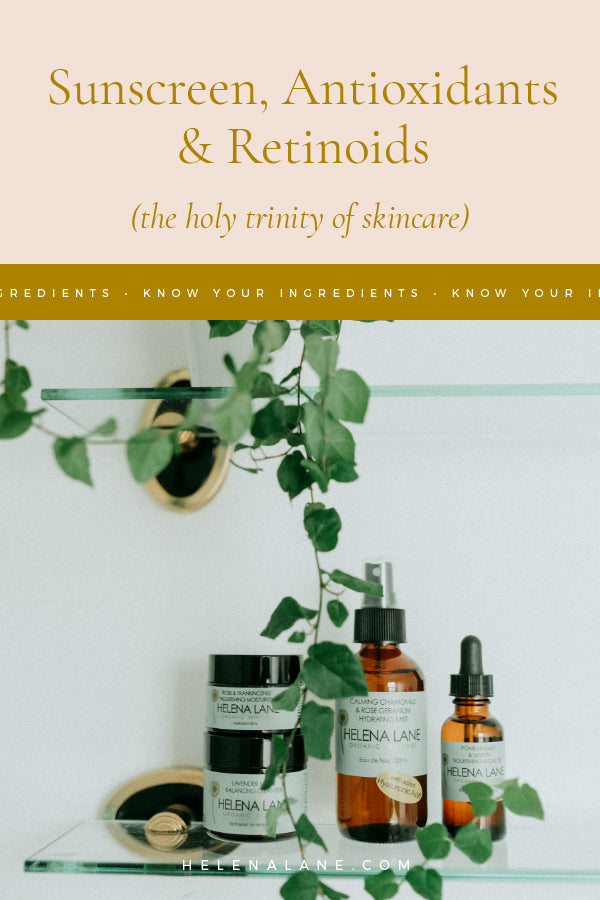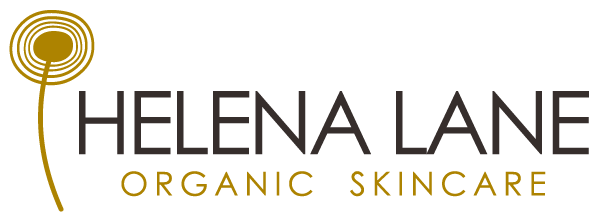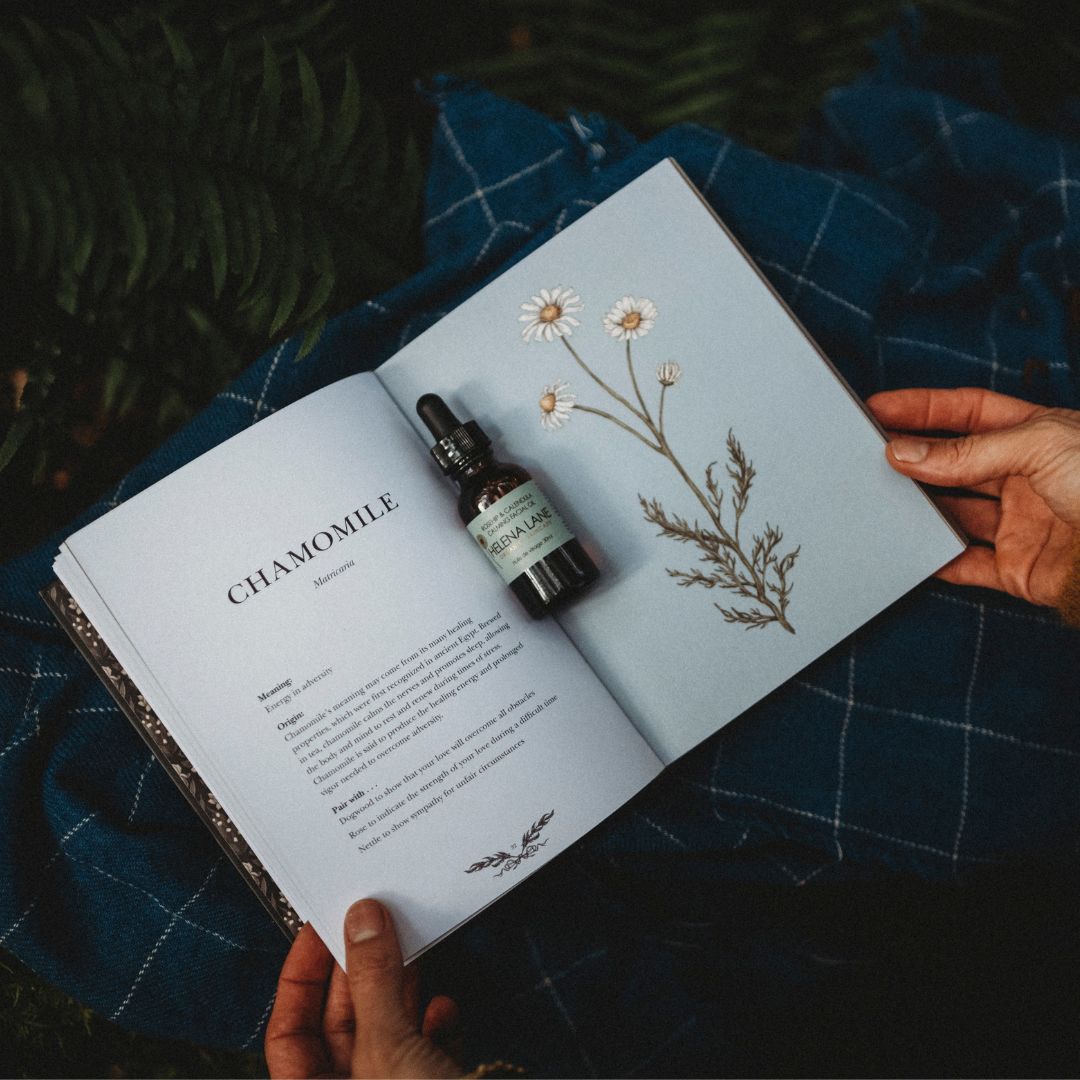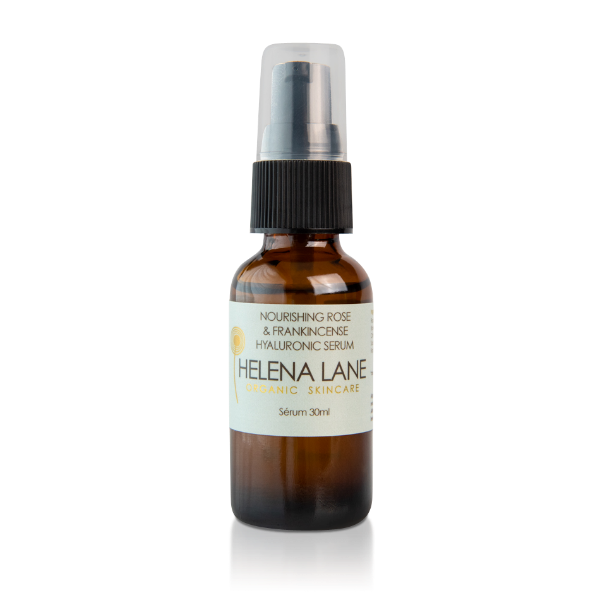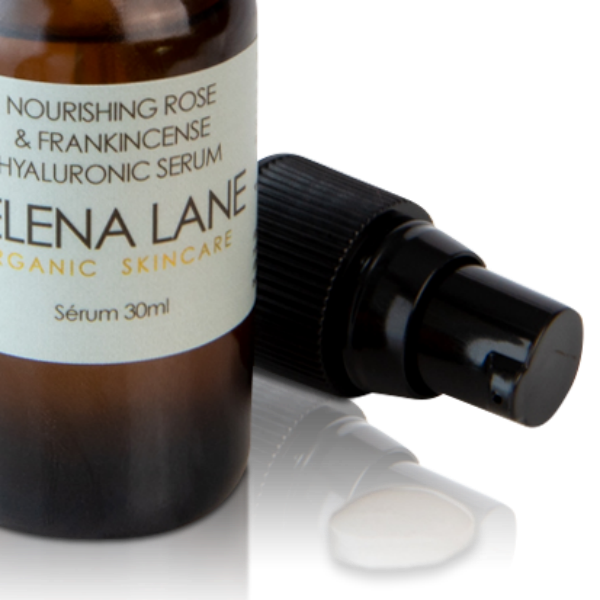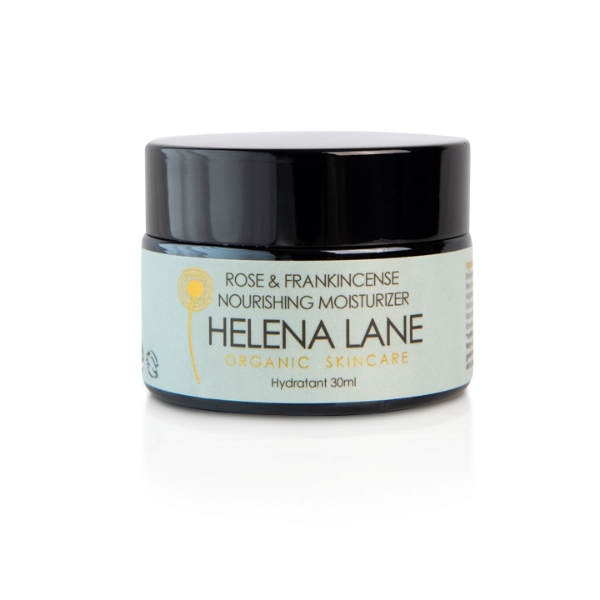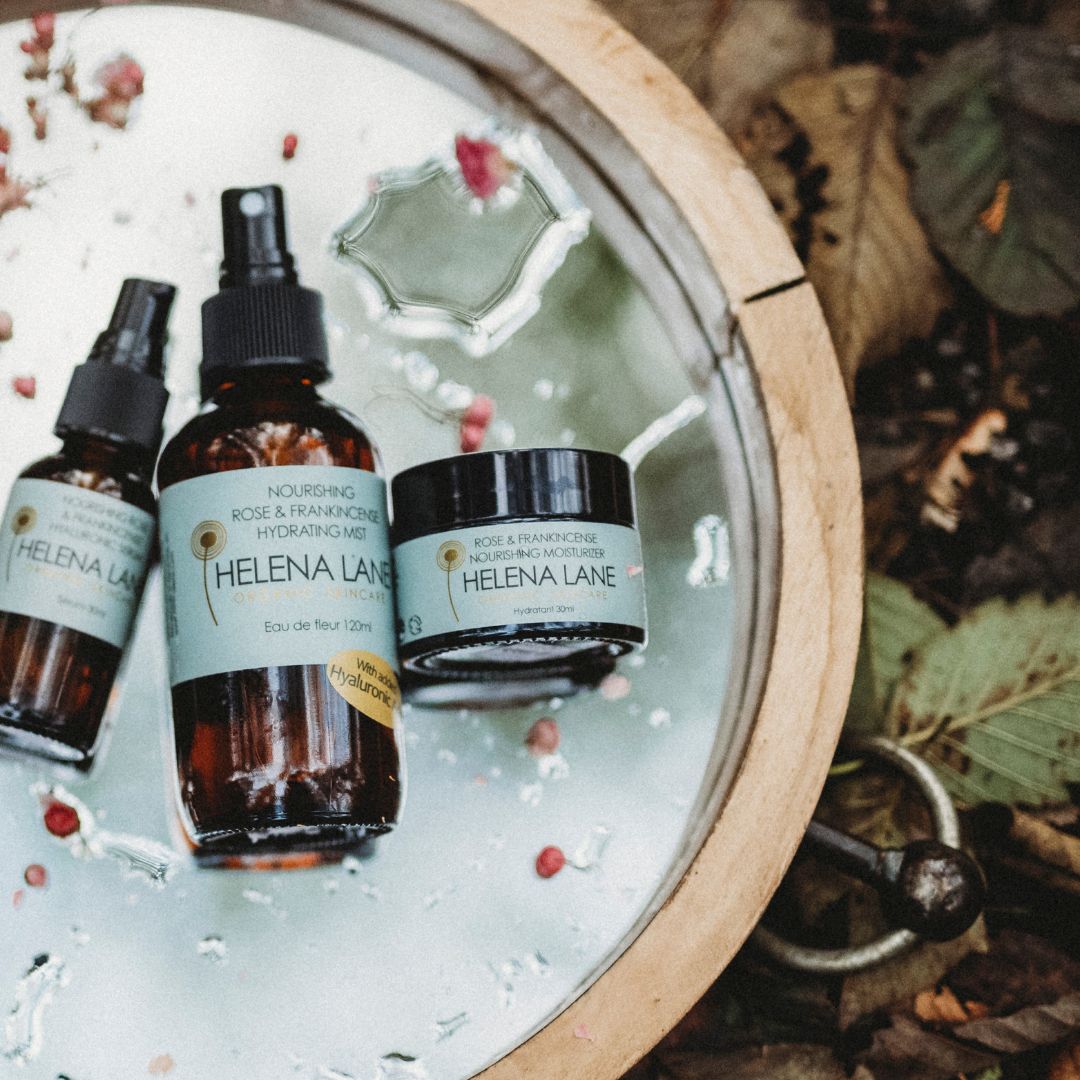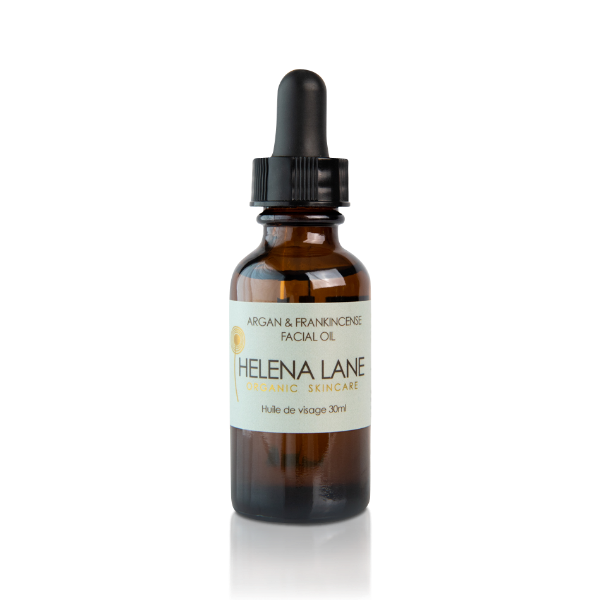I received this question from a loyal customer and I’d love to share with you my answer.
“I’m a loyal user of your products and recently I was trying to convert (kidding not kidding) a friend and she said: “Well, my sister-in-law is a dermatologist and she says the holy trinity of skincare is sunscreen, antioxidants and retinoids. How do her products measure up in those categories?”
Thank you so much for spreading the word!
In my experience trying to get a dermatologist to convert to natural products is the same as trying to convince a GP to take natural medicine, it goes against all their training. So when our trusted friends and family members have these strong opinions that’s what we trust too.
BUT here is my response to those three skin care must-haves!
I absolutely agree with the dermatologist. Protecting our skin from harmful UV rays is very important. Antioxidants are a key way we can not only protect but also reverse the damage done by UV rays as well as pollution, harsh products and general skin metabolic processes (just like with food and our bodies). Retinoids are a family of nutrients derived from vitamin A. They are particularly good at stimulating new cell growth, which helps to heal issues faster so give us the appearance of “newer” younger skin.

So the theory is the same, but where we differ are the ingredients that we use.
I prefer to use ingredients from real, whole food sources rather than synthetically created nutrients or isolated nutrients. Think whole foods rather than synthetic supplements in the diet. The results may be less dramatic but they also come with less “side-effects”, whether that comes in the form of skin irritation (synthetic retinoids are well-known for this, as well as many other ingredients such as parabens and UV filters like avobenzene) or toxicity (the list of toxic ingredients in most non-natural skin products including dermatologist approved brands is huge, just check the website https://www.ewg.org/
So how do my products provide these ingredients?
Sun protection
I have mineral sun creams which use non-nano zinc oxide as the UVA and UVB filter. Not only does zinc provide excellent protection (when used in useful quantities, but it also has its own anti-inflammatory and cooling benefits to the skin (great qualities for a sun product!) which helps to minimize the occurrence of pigmentation. The sun creams can be used as a daily moisturizer if you wish to wear it every day, you can also find zinc oxide in my tinted moisturizers. I personally only use sun cream on days when my face will be exposed to strong sun for a long period of time. I prioritize accessing as much vitamin D as possible, and then use antioxidant rich products and food to help protect my skin the rest of the time.
Antioxidants
These are nutrients found mainly in plants. Fruit, vegetables, flowers and nuts. My products are made almost exclusively out of these ingredients (I also use a little beeswax, lanolin, clay etc). I do not use water as a base, nor do I use petroleum or other mineral oil bases which make up the bulk of most “non-natural” brands. I also exclusively use plant oils and butters that are very rich in these nutrients. I don’t use “lesser” nutrient rich plant oils as the bases to save costs. Rosehip seed oil, pomegranate oil, sea buckthorn oil, argan oil, mango butter, shea butter etc etc (all certified organic, cold-pressed and unrefined to maximize their nutrients). These are all highly potent in antioxidants (you can see by their deep colours of red, orange and yellow). As they are whole foods they are also highly bioavailable to our skin cells. Often when we isolate nutrients we make them less bioavailable and sometimes even irritating to our skin.
Retinoids
I did a great social media post on this the other day: read the full post on instagram here.
Retinol, a synthetic derivative of vitamin A, absolutely can have a great impact on your skin. It speeds up cell turnover helping to give us everything that a new layer of skin can. A fresh glow, softer, smoother texture and reduced blemishes, pigmentation and scarring. Sounds great, doesn’t it?
However, some things are just too good to be true and for many when we interfere with our skin’s natural processes the results are less than ideal. Retinol is a synthetic compound that the body converts to retinoic acid before it can be utilized. Used in the correct concentration it can have great results but many people get side effects (especially when you first start using it). Common ones are dry flaky skin, redness, increased sensitivity and UV sensitivity, itchiness etc For some unlucky people, these issues become serious and the damage is more severe and ongoing.
So, can we get all the results of retinol (without the side effects) from natural ingredients?
Well, yes and no. The results when using whole, natural sources will never be as dramatic, but the long term benefits most likely will win. Think slow and steady wins the race. As someone who knows the battle of bringing skin back into balance once it’s been damaged, it can be a long frustrating battle. For me, it’s not worth the risk.
Vitamin A (in the form of retinoic acid) is found in many plant oils and butters. The concentration is lower but that means we can safely use these oils a couple times a day, in multiple products. Rosehip seed, sea buckthorn, pomegranate, shea and mango butter all have valuable amounts of retinoic acid, and when used together can have fantastic results, without any of the worrying side effects. All my moisturizers and facial oils have at least 2 or 3 of these ingredients each!
So I hope this helps! Let me know what she says!

PIN THIS FOR LATER

